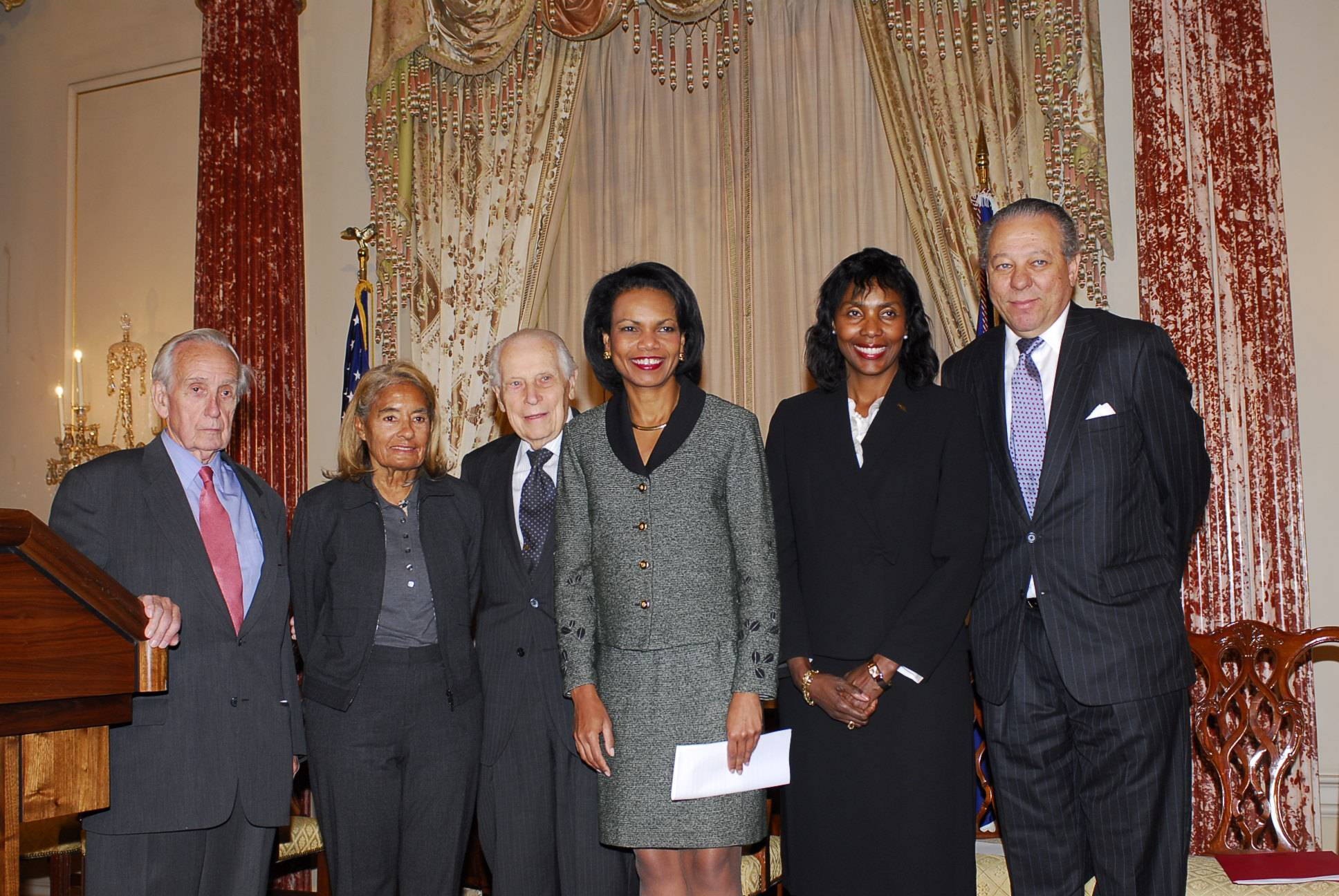Lost amid the chaos last week was news of the death of Brian Urquhart, a pillar of the United Nations who helped create and then run its peacekeeping operations. Urquhart was the quintessential international civil servant — determined and unflappable — whose vision remained fixed on the big picture. Japan owes a great debt to Urquhart, not only for the extraordinary work he did at the U.N. — work for which all governments should give thanks — but also for providing this nation with the opportunity to escape a straitjacket that had been imposed after World War II and to contribute directly to the resolution of hard security challenges.
Urquhart was born in England a few months after the end of World War I. He showed promise and could have been an academic; he won scholarships and was a student at Oxford University for two years before joining the British Army in 1939 when war again broke out in Europe. After a training accident — a parachute partly failed to open during a training jump — he was told he might never walk again: He was back in action within a year. Late in the war, as part of a forward intelligence unit, he was the first British officer to enter the Bergen-Belsen concentration camp and see its horrors. It was proof, he later said, of “the debasement of all the things that are best in human beings, including in the good guys.”
He left the military at the war’s close to work in the Foreign Office, joining the commission that was planning the secretariat for the new world body that would prevent similar future conflicts. Urquhart was the second person hired to work at the United Nations and became chief assistant to its secretary general, the Norwegian Trygve Lie. That relationship was not friction-free, but he persevered to become a close advisor to the first five secretaries general, closing out his career in 1986 after 12 years of service as under secretary general for political affairs as number two in the organization, and retiring to a life of reflection and writing.

















With your current subscription plan you can comment on stories. However, before writing your first comment, please create a display name in the Profile section of your subscriber account page.